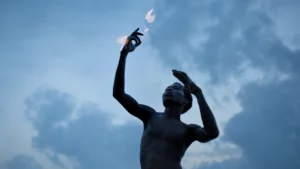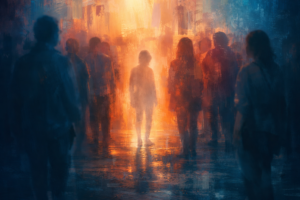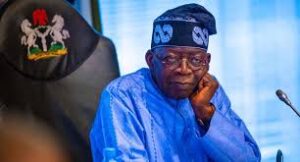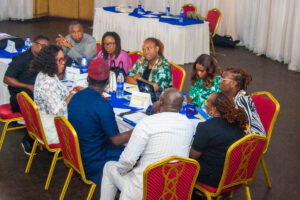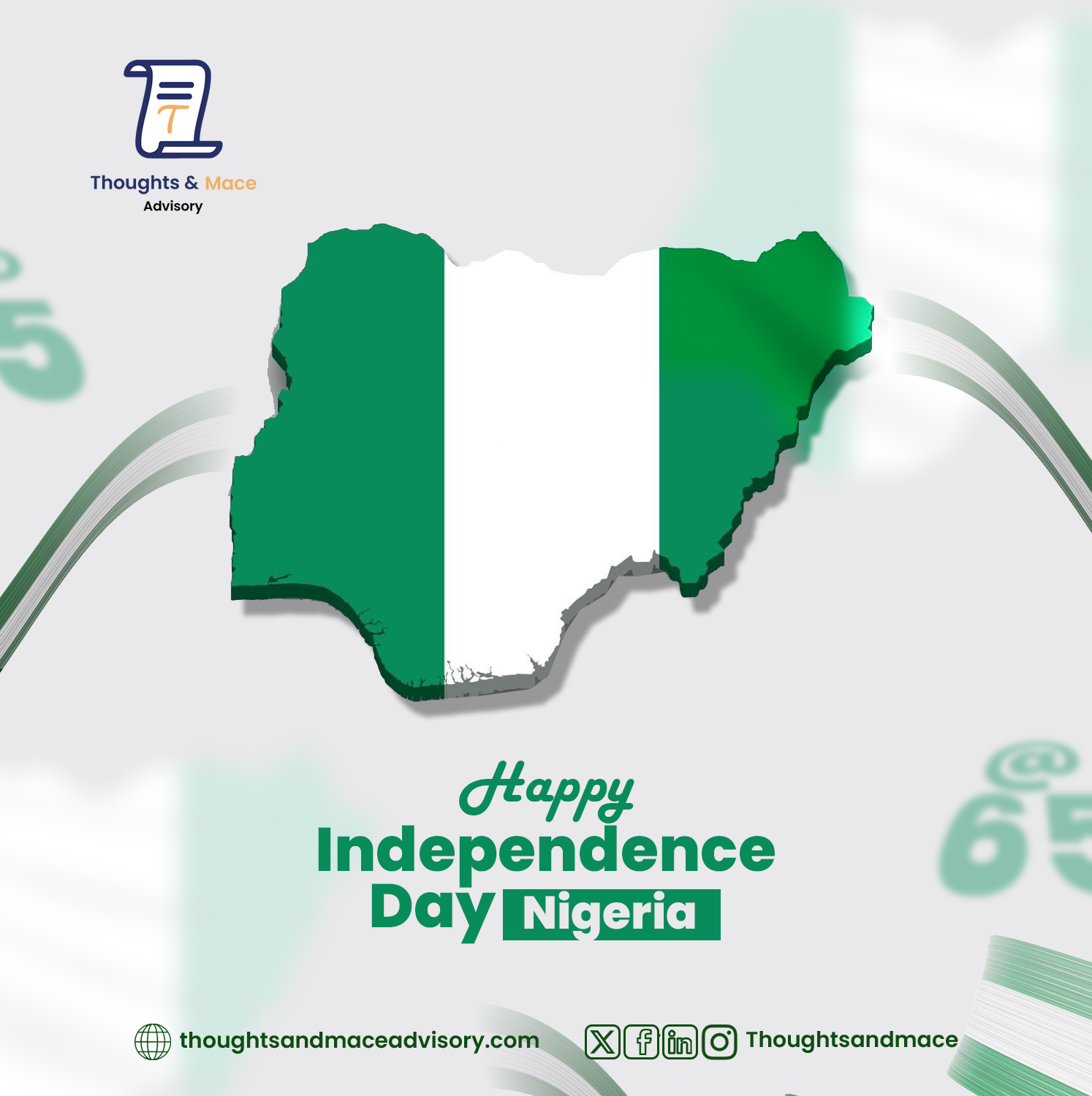
Too often, when Nigerians talk about democracy, the conversation begins and ends with elections. Yet democracy is not just about casting ballots every four years, it is about empowering citizens as a continuous process. It is about institutions that not only exist on paper but are integrated, value-driven, and responsive to the everyday realities of citizens. Without this, we reduce democracy to rituals rather than results.
One of the recurring traps we fall into is the blind adoption of “global best practices.” While there is value in learning from others, democracy is not a cut-and-paste exercise. Best practices must be adapted to local conditions, not transplanted wholesale. I remember vividly when former President late Muhammadu Buhari shut down Nigeria’s land borders in 2019. Many Nigerians applauded the move, arguing that “this is how China grew.” But this was a simplistic reading of history. China did not grow by shutting itself off; it grew by strategically opening its economy, investing in human capital, and carefully positioning itself within the global trade system. Our tendency to adopt the most convenient explanation is symptomatic of a deeper problem. We prefer shortcuts over context-driven solutions.
The lesson from China is not protectionism but the deliberate building of a knowledge economy. In fact, research has shown how China used “edutainment” , a blend of education and entertainment to shape public discourse, instill civic responsibility, and foster innovation. The West offers similar lessons. Scandinavian democracies, for instance, did not achieve their resilience by mimicking anyone else wholesale but by crafting welfare, education, and governance models rooted in their history, culture, and citizen expectations. Ghana, closer home, has made steady democratic progress by focusing on electoral credibility and civil liberty, not by copying an external blueprint but by refining local processes over time.
As Nigeria marks another Independence Day, we stand at a crossroads. Independence, after all, was never just about lowering the Union Jack; it was about raising the possibilities of a self-governing, self-determined nation. Sixty-five years on, that promise still flickers in the distance; sometimes dim, sometimes bright. We can lament the failures, but we can also imagine the possibilities: an independence defined not only by political sovereignty but by economic dignity, social justice, and a democracy that actually works for ordinary people.
The children in my church on Sunday presented their vision of an independent Nigeria, a presentation they crafted through music, spoken words, dance and prayer. At the core of their innocent and awe-filled expressions was a profound yearning for the best for Nigeria, a belief in what could and can be. Watching them, I found myself daydreaming of an education system that equips young Nigerians to compete with their peers in Asia and Europe, an economy that prioritizes knowledge and innovation over rent-seeking, and institutions that outlast the whims of any one leader. These are not fantasies; they are within reach if we commit to building a democracy rooted in our context and driven by our values.
If Nigeria is to move beyond the façade of democracy, we must invest in quality education that builds critical thinking, civic responsibility, and innovation. Our policy processes must be tailored, our institutions must reflect our social fabric, and our democracy must be informed by the behavioral science of what it means to be Nigerian. We cannot keep looking outward for validation while ignoring the urgent need to build inward-facing systems that truly serve citizens.
The real question, then, is this: after 25 years of uninterrupted civilian rule and 65 years of independence, can we honestly say Nigeria has a democracy that works for its people or merely one that goes through the motions?
Happy Independence Day Nigeria!

